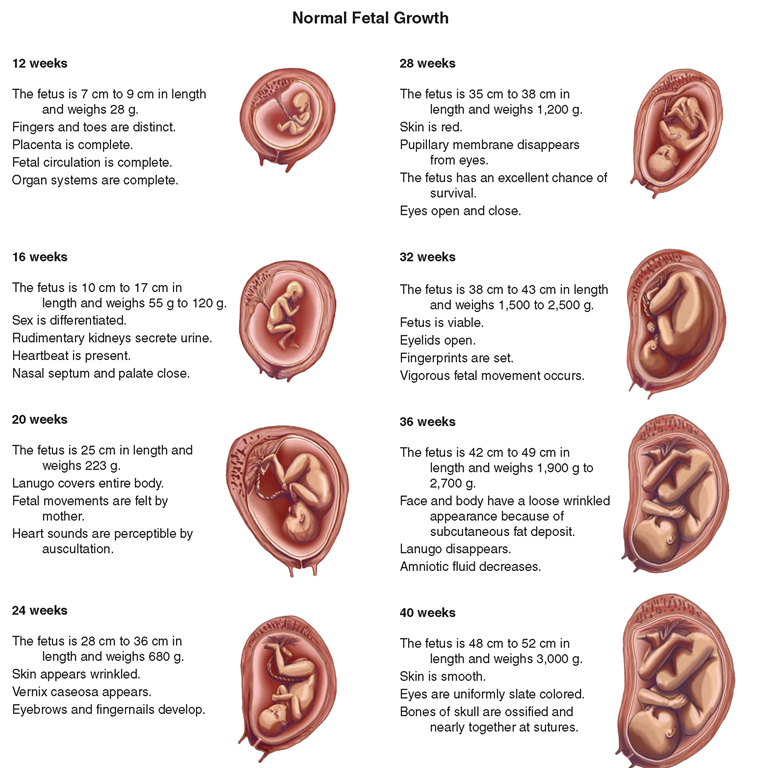From conception to birth, the process of fetal development is an amazing journey. During this time, a single cell grows into a fully formed human being. The stages of fetal development are divided into three trimesters, each with its own set of milestones and changes.
Table of Contents
First Trimester

The first trimester begins at conception and lasts until the end of week 12. During this time, the fertilized egg implants in the lining of the uterus and begins to develop into an embryo. The embryo grows rapidly, and by the end of the first month, it is about the size of a grain of rice.
During the second month, the embryo’s major organs begin to form. The heart, brain, spinal cord, and digestive system all begin to take shape. By the end of the third month, the embryo has become a fetus and is about 3 inches long.
Second Trimester

The second trimester begins at week 13 and lasts until the end of week 27. During this time, the fetus grows rapidly and begins to develop more complex features. The eyes and ears become more defined, and the fetus begins to move around and kick.
By the end of the second trimester, the fetus is about 14 inches long and weighs around 2 pounds. The lungs are not yet fully developed, but the fetus can breathe in small amounts of amniotic fluid to practice breathing.
Third Trimester

The third trimester begins at week 28 and lasts until birth. During this time, the fetus continues to grow and develop. The lungs fully mature, and the fetus begins to practice breathing more regularly.
The fetus also begins to store fat, which helps regulate body temperature after birth. By the end of the third trimester, the fetus is fully formed and ready for birth.
Conclusion
The stages of fetal development are an amazing journey that results in the birth of a fully formed human being. Each trimester brings new milestones and changes, as the fetus grows and develops. By understanding the stages of fetal development, parents can better prepare for the birth of their child and care for their newborn.
Frequently Asked Questions
1. What is fetal development?
Fetal development is the process by which a fertilized egg grows and develops into a fully formed human being. This process is divided into three trimesters, each with its own set of milestones and changes.
2. What are the three trimesters of fetal development?
The three trimesters of fetal development are the first trimester, which lasts from conception to the end of week 12; the second trimester, which lasts from week 13 to the end of week 27; and the third trimester, which lasts from week 28 until birth.
3. What happens during fetal development?
During fetal development, the fetus grows and develops major organs, limbs, and features. The lungs, brain, heart, digestive system, and other organs all take shape during this time. The fetus also practices breathing, kicking, and moving around in preparation for birth.
4. How can I care for my developing fetus?
Caring for your developing fetus involves eating a healthy diet, getting regular prenatal care, and avoiding harmful substances like alcohol and tobacco. It’s also important to get enough rest and exercise to support your own health and the health of your growing baby.
5. When is my baby considered fully formed?
By the end of the third trimester, your baby is considered fully formed and ready for birth. However, some minor development continues even after birth as your baby grows and matures.
